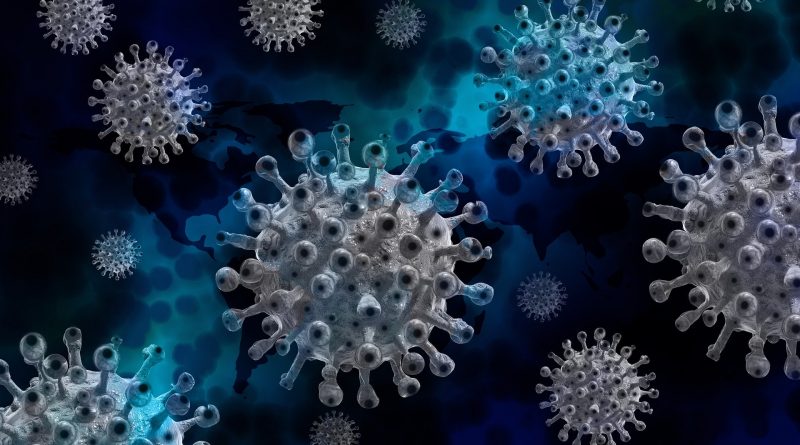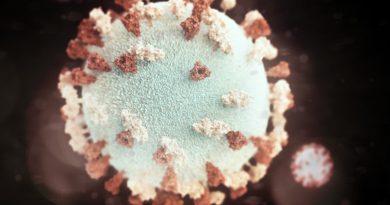Oxford & AstraZeneca COVID-19 vaccine triggers immune response
Results from the ongoing Phase I/II COVID-19 vaccine trial, led by the University of Oxford, showed the AZD1222 vaccine developed by AstraZeneca is safe and triggered a robust immune response.
Oxford & AstraZeneca vaccine safe and effective
The clinical trial named COV001 is a blinded, multi-centre, randomised controlled Phase I/II trial with 1,077 healthy adult participants, aged between 18 and 55 years old taking part. It evaluated a single dose of the COVID-19 vaccine against a comparator meningococcal conjugate vaccine. Ten participants also received two doses of the vaccine one month apart.
T-cell response induced in 100% of participants
The trial results confirmed that a single dose of AZD1222 resulted in a four-fold increase in antibodies to the SARS-CoV-2 virus spike protein in 95% of participants a month after being injected. In all participants, a T-cell response was induced, peaking by day 14, and lasting for two months after the injection.
The findings, which were published in The Lancet, are really encouraging, but it is still too soon to know if this will be enough to offer protection and larger trials are underway. Late-stage Phase II/III trials are taking place in the UK, Brazil and South Africa and are also due to start soon in the US. These trials will determine how well the vaccine will protect from the COVID-19 disease and measure safety and immune responses in different age ranges and at various dose levels.
Mene Pangalos, Executive Vice President, BioPharmaceuticals R&D, said:
“We are encouraged by the Phase I/II interim data showing AZD1222 was capable of generating a rapid antibody and T-cell response against SARS-CoV-2. While there is more work to be done, today’s data increases our confidence that the vaccine will work and allows us to continue our plans to manufacture the vaccine at scale for broad and equitable access around the world.”
100% of participants developed neutralising antibodies
Neutralising activity against SARS-CoV-2 (as assessed by the MNA80 assay) was observed in 91% of participants a month after vaccination and in 100% of participants who received a second dose. The levels of neutralising antibodies seen in participants receiving either one or two doses were in a similar range to those seen in convalescent COVID-19 patients. Strong correlations were seen across neutralisation assays.
No severe adverse effects
No severe adverse effects have been reported with AZD1222 and the use of the prophylactic use of pain killer paracetamol reduced reactions which occurred less often after a second dose. The initial safety responses confirmed that transient local and systemic reactions were common in the AZD1222 group and were comparable to other adenoviral vector vaccines. They included temporary injection site pain and fatigue, mild-to-moderate headache, chills, feverishness, malaise and muscle ache.
Professor Andrew Pollard, Chief investigator of the Oxford COVID-19 Vaccine Trial at the University of Oxford and co-author of the trial, said:
“The interim Phase I/II data for our coronavirus vaccine shows that the vaccine did not lead to any unexpected reactions and had a similar safety profile to previous vaccines of this type. The immune responses observed following vaccination are in line with what we expect will be associated with protection against the SARS-CoV-2 virus, although we must continue with our rigorous clinical trial programme to confirm this. We saw the strongest immune response in participants who received two doses of the vaccine, indicating that this might be a good strategy for vaccination.”
Supply of the new COVID-19 vaccine
AstraZeneca has reaffirmed in their press release published today, that the company continues to fulfil its commitment for broad and equitable access to the vaccine, in the event that late-stage clinical trials prove successful. So far, commitments to supply more than 2 billion doses of the vaccine have been agreed with the UK, US, Europe’s Inclusive Vaccines Alliance, the Coalition for Epidemic Preparedness, Gavi the Vaccine Alliance and Serum Institute of India.
The United Kingdom has already ordered 100 million doses of the Oxford-AstraZeneca vaccine.





